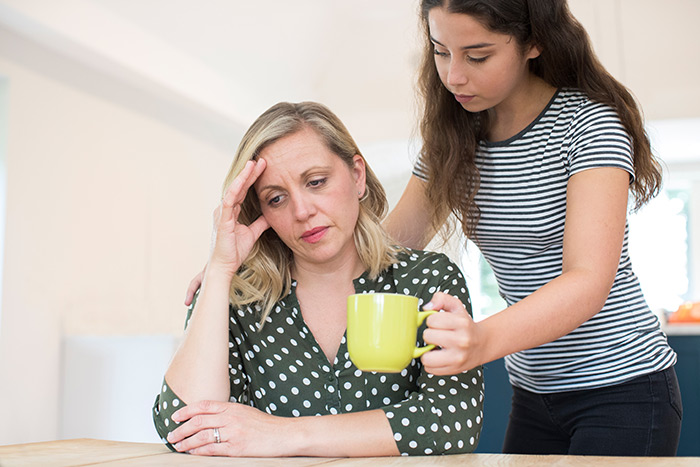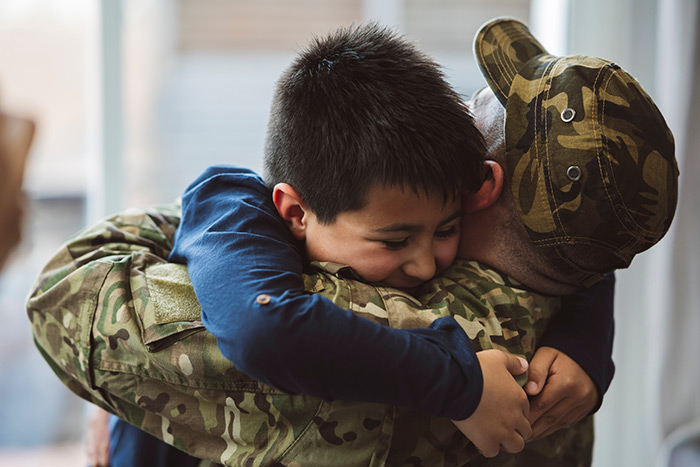Young carers
 One in ten young people living in the UK are thought to be a Young Carer – that’s approximately 3 Young Carers per classroom! Kent Young Carers supports those aged 5-18yrs who are proving care, support or supervision to any family member that may have; a long-term illness, physical or neurodevelopmental disability, suffering with poor mental health or substance misuse issue.
One in ten young people living in the UK are thought to be a Young Carer – that’s approximately 3 Young Carers per classroom! Kent Young Carers supports those aged 5-18yrs who are proving care, support or supervision to any family member that may have; a long-term illness, physical or neurodevelopmental disability, suffering with poor mental health or substance misuse issue.
Imago has secured the contract to deliver services for Kent Young Carers for 3 years from May 2022 and will be delivering services in all 12 Kent districts to an ever-growing number of Young Carers. A key element of the project will be working with professionals to help them identify ‘Hidden’ Young Carers so that they can offer support to more young people.
What Kent Young Carers can do
- provide opportunities for Young Carers to get together to share concerns, suggestions and make their voices heard,
- seek funding for trips and activities to provide respite activities across the county,
- develop resources and support with Young Carers, to enable them to cope with challenges and concerns,
- establish a Young Carers Forum for new ideas to ensure we provide a wide range of services for Young Carers and their families.
In each area there will be a local Coordinator who will be the key contact for families, as well as their Central Hub for additional support. They will regularly ask families for their views about the service and will use this feedback to develop the Kent Young Carers service further.
How can schools support
Due to the growing number of Young Carers across the county, their aim is to build partnerships with schools and community organisations to broaden support for Young Carers. It is anticipated that this will enable more Young Carers access to support not only from their services, but from people they see on a daily basis.
Imago can provide free training for schools, GP surgeries, organisations supporting children and young people and community groups. By the end of the session you will learn the impact of being a Young Carer, how to prevent inappropriate caring, what support is available and how to refer.
Book your place now at Young Carers Awareness Training (Kent) | Eventbrite
How to contact Kent Young Carers
For further information please contact the KYC Hub:
0300 111 1110
youngcarers@imago.community
Resources
- Kent Young Carers flyer
- Young carers initiating conversation with parents resource
- Young Carers parent resource

Support for the children of our armed forces communities
Information for schools
If the school environment is responsive to the specific issues which service children can face, those service children will be better supported and thus thrive. The Armed Forces Covenant - which all councils in Kent have signed up to - is a promise that people who serve in the Royal Navy, Army and Royal Air Force will not be disadvantaged as a result of that service. This means, for example, that if they have to move house, their children should not be disadvantaged in the school admissions process. More generally, councils are promoting greater awareness of the needs of the armed forces community and what can be done to address them.
State schools, academies and free schools in England, which have children of service families in school years reception to year 11, can receive the Service Pupil Premium (SPP) funding. It is designed to assist the school in providing the additional support that these children may need and is currently worth £310 per service child who meets the eligibility criteria.
Children’s Education Advisory Service (CEAS) supports operational effectiveness through the provision of educational support and guidance on the educational well-being to Service and eligible MOD civilian families.
 Another posting equals another new school. Service children can attend upwards of five different schools up to the age of eighteen, and children also have to cope with leaving friends behind and making new ones with each move. The Army Families Federation (AFF) have advice and information to enable schools to support those children and families.
Another posting equals another new school. Service children can attend upwards of five different schools up to the age of eighteen, and children also have to cope with leaving friends behind and making new ones with each move. The Army Families Federation (AFF) have advice and information to enable schools to support those children and families.
Service Children's Progression Alliance
Separation and deployment are part and parcel of Royal Navy and Royal Marines Service life. You can find an extensive book list with a wide range of topics suitable for all ages to help your children and their families through the challenges this lifestyle may bring. Naval Children’s Charity also has some great book suggestions as well as a booklet for parents, carers and young people on navigating grief.
Storybook Waves helps members of the Royal Navy and Royal Marines maintain the link with their children by recording a bedtime story for them to listen to when a parent is serving away from home.
Little Troopers is a charity supporting children with parents serving in the British Armed Forces. As well as support for families, the Little Troopers at School project objective is to educate schools, primary and secondary, about the unique needs through circumstance of military children and make available easily accessible resources to you.
If you work as a teacher or in education, are a youth worker or work with young people, you could make a difference in the life of a bereaved military child. Help a young person access specialised bereavement support from Scotty’s Little Soldiers following the death of their parent who served in the British Armed Forces.
The Royal Air Force Families Federation has compiled a useful list of education resources for service families.
The Royal British Legion are aware that many service children are still disadvantaged in their access to and experiences through education as a result of a parent serving in the Armed Forces, and they hope the guide can help show what can be done to address these disadvantages and improve the lives of these children.